Adding to the worrying demographic trends, Ukraine has the lowest birth rate in the world. Women of childbearing age have 0.7 children on average, according to a government study.
Moreover, the ongoing conflict has caused more than six million people to leave the country for Europe, and four million Ukrainians to remain stranded in Russian-occupied territories.
As is known, restrictions apply to men of military age as to leaving the country, contributing to a gender imbalance in the population. The combined effect of these factors depicts a bleak picture of Ukraine's demographic challenges amid geopolitical turmoil.
Demographic crisis
It has long been clear that Ukraine is facing a demographic crisis, which has been exacerbated by the war.
Ukraine was already a country with high emigration levels when the country exited the communist bloc after the collapse of the Soviet Union. But while other Eastern European countries have managed to turn the situation around through political and economic stability, the situation in Ukraine has worsened, researcher Marina Tvedorstup at the Vienna Institute for International Economic Studies pointed out in a report published in 2022. At the time, Tvedorstup cited five problems that the war has exacerbated: declining birth rates, falling life expectancy, increased emigration, an ageing population and a ruined labor market.
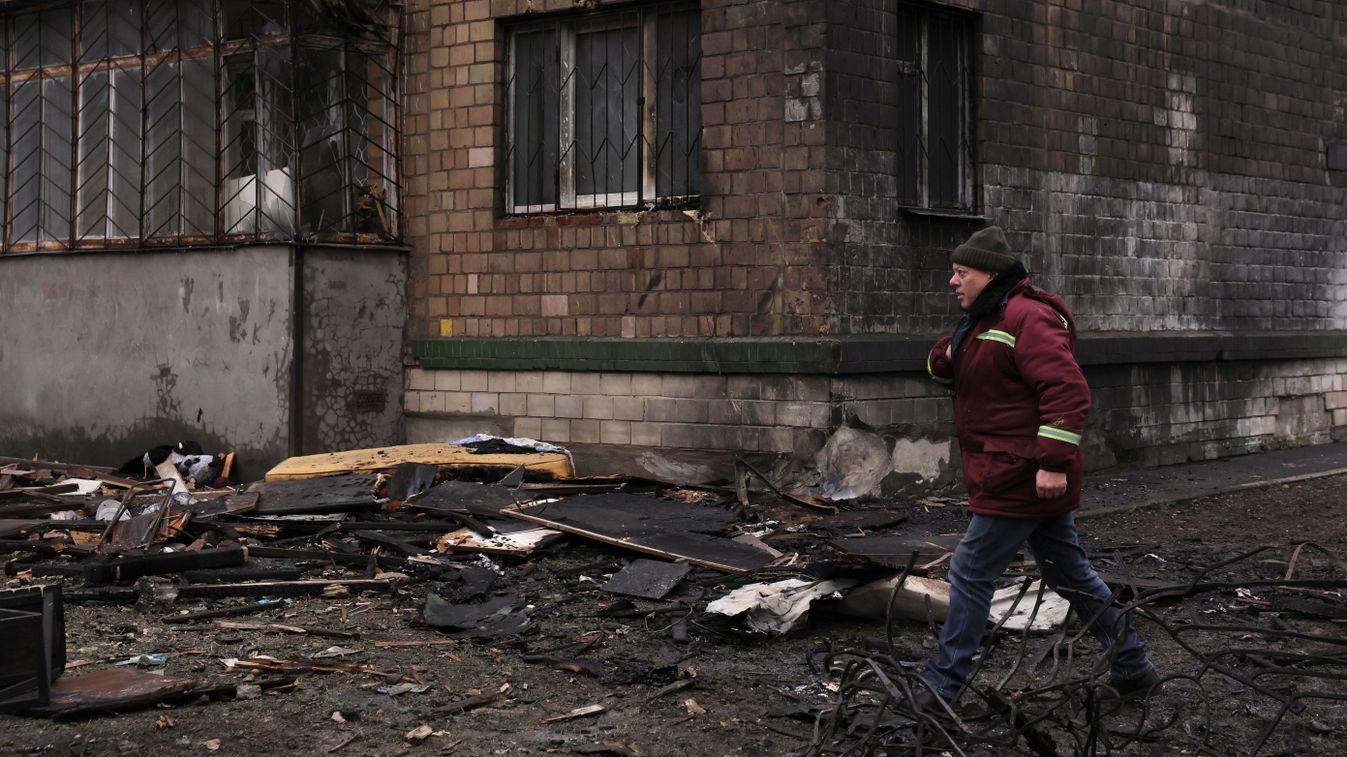


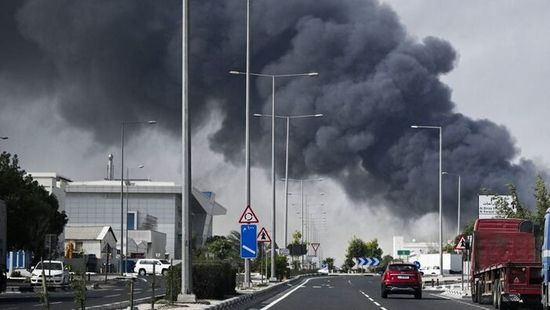
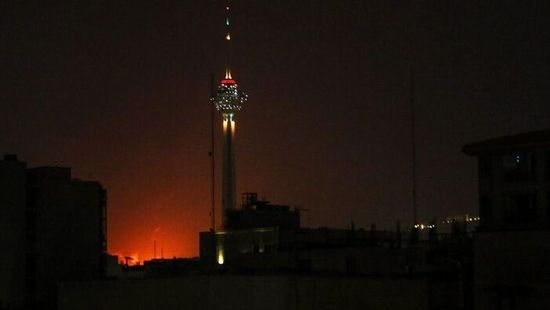




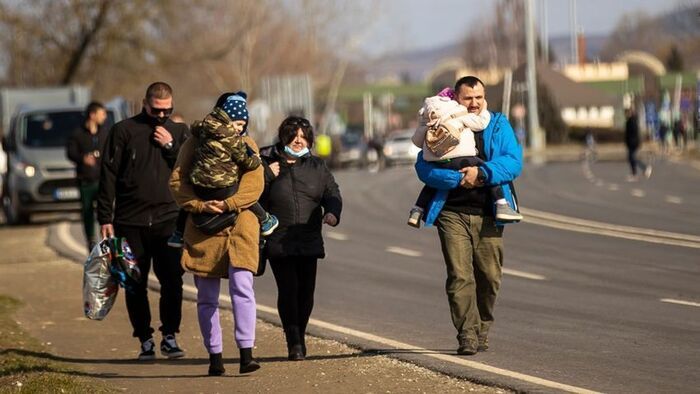











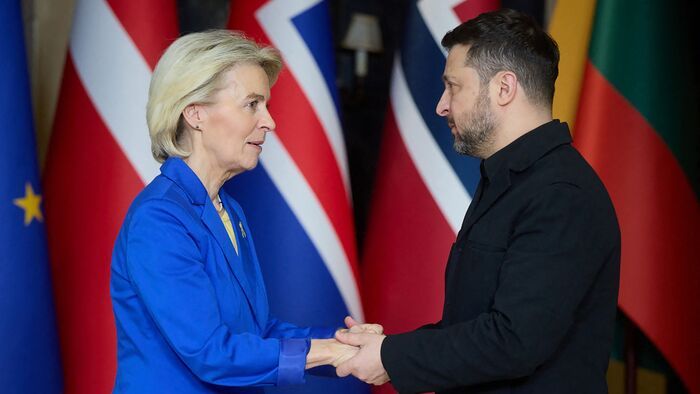

Szóljon hozzá!
Jelenleg csak a hozzászólások egy kis részét látja. Hozzászóláshoz és a további kommentek megtekintéséhez lépjen be, vagy regisztráljon!